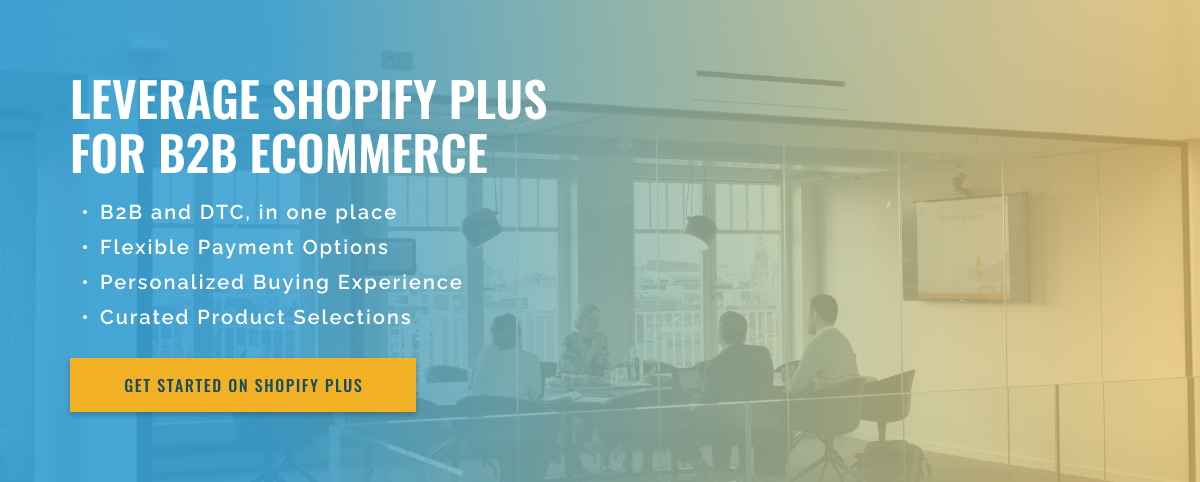3 minute read
Enhance Your Shopify B2B Experience: A Look at Available Dimensions and Filters in Reports
The world of eCommerce has evolved rapidly in recent years, and Shopify has become one of the leading platforms for businesses of all sizes. While many people associate Shopify with business-to-consumer (B2C) operations, the platform also offers strong business-to-business (B2B) capabilities.
One of the most important elements of successful B2B operations is the ability to analyze and understand data. Shopify offers a range of dimensions and filters in its reports to help businesses do just that.
First, it’s important to understand the difference between dimensions and filters in reports. Dimensions are data points that you want to analyze, such as sales by product or sales by customer. These are metrics that provide valuable information about your B2B business. Filters let you refine your data based on specific parameters, such as a date range, sales channel, or customer group. By combining dimensions and filters, businesses can gain a comprehensive view of their B2B business in Shopify.
What B2B dimensions and filters are available in Shopify reporting? Let’s take a closer look.
DIMENSIONS
1. Sales by Channel
This dimension helps businesses track B2B sales across different channels, such as online, brick-and-mortar, or wholesale.
2. Sales by Product
This dimension provides information about which products are selling well to B2B customers, which helps with inventory optimization and forecasting future demand.
3. Sales by Customer
This dimension allows businesses to analyze B2B sales by individual customer, which provides valuable information about their preferences, purchasing patterns, and potential for future growth.
FILTERS
1. Date Range:
Businesses can select a specific date range to analyze B2B sales data. This is especially useful for tracking performance over time.
2. Customer Group:
This filter allows businesses to analyze B2B sales to different customer groups, such as enterprise customers or wholesale customers.
3. Geography:
Shopify reports allow businesses to filter by geographic location, making it easier to assess the impact of B2B sales across different regions or countries. With these powerful dimensions and filters in Shopify reports, businesses can gain deep insights into their B2B business. This data can be used to make informed decisions and optimize growth strategies.
Final Words
Whether you run a small business or a large enterprise, Shopify’s B2B capabilities give you the tools you need to succeed in today’s competitive eCommerce environment.

